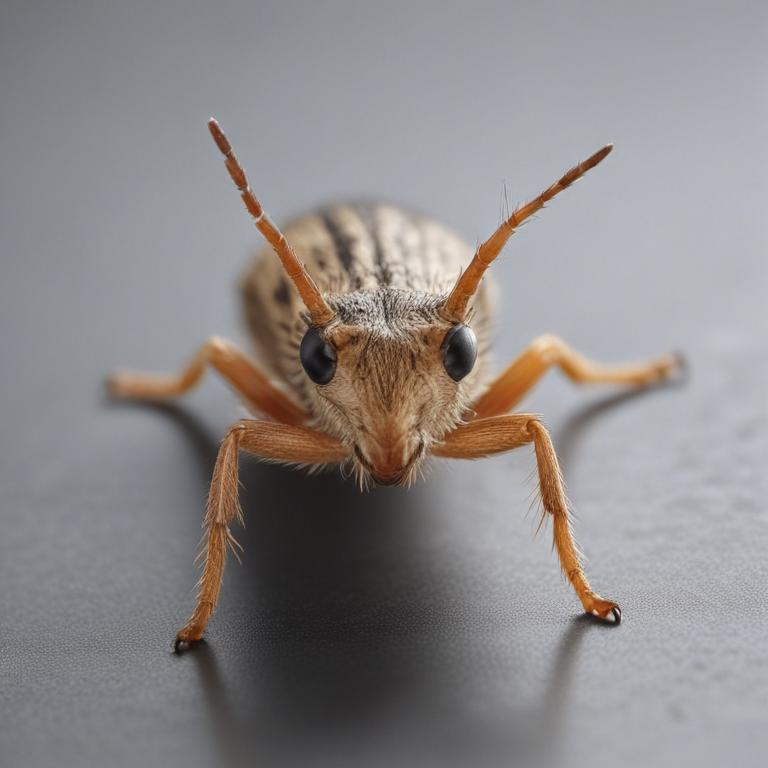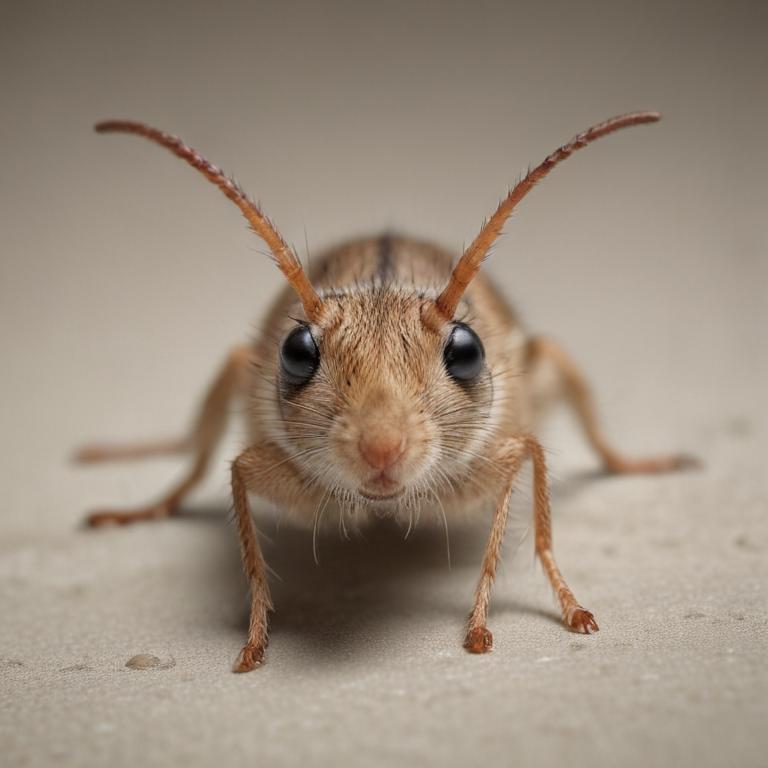发音 (Pronunciation):
IPA: /pɛst/
中文近似: 佩斯特
中文意思与词性 (Meanings & Part of Speech):
- 害虫 (n.)
- 讨厌的人 (信息待补充)
例句 (Examples):
1. The garden was infested with pests.
(花园里满是害虫。)
2. He is such a pest, always bothering me.
(他真是个讨厌鬼,总是烦我。)
用法提示 (Usage Tip):
注意区分 'pest' 和 'pestilent',后者更强调有害的性质。
更多关于 "pest" (More about "pest")
单词来源 (Etymology)
来源于拉丁语 'pestis',意为“瘟疫、灾害”。
词根词缀解析 (Root & Affix Analysis)
词根词缀解析待补充。
“pest”的字母与词根个性化解读
字母象形/引申义 (个性化参考)
- 字母 'p' 的象形或引申含义可能包括: 手/脚 (P=F); 手掌 -> 平; 棒子 (P=B); 音变: P=B=M=F=V。
- 字母 'e' 的象形或引申含义可能包括: 眼睛 (窗户符号引申); 向外 (ex-变体); 元音互换: A=E=I=O=U=W=Y。
- 字母 's' 的象形或引申含义可能包括: 水波纹/走路痕迹 (S象形); 吐气轻细咝 -> 说话 (拟声); 音变: S=C=Z=TH=X。
- 字母 't' 的象形或引申含义可能包括: 顶端 -> 记号/标志; 手杖 -> 抓 -> 手 -> 伸展 -> 指示代词; 支撑 -> 站立; 三叉 -> Tr转换/转; 分叉; 音变: T=D=S=TH。
学习提示:以上针对单词 pest 的字母和词根解读,主要基于提供的特定象形及词根资料。这些提示旨在启发联想,而非绝对定论。更通用的记忆规则和原则请参考首页。英语词源复杂多变,实际应用中请结合更全面的词源词典和语言学知识进行深入学习。
常用词组 (Common Phrases)
- pest control: 害虫控制
- pest infestation: 害虫滋生
其他语言 (Other Languages)
- 德语: Schädling
- 法语: ver
字母整体创意联想
单词 'pest' 看起来像一个人在烦扰另一个人,'p' 和 'e' 代表一个人,'s' 和 't' 代表另一个人。
逐字母创意解读
中文谐音助记
“pest”可以联想为“佩斯特” -> “佩服的讨厌鬼”。
相关电影/名言
"You are a pest!"
(你真是个讨厌鬼!)
- 信息待补充
趣味知识/故事
在农业中,害虫被视为对作物的威胁,因此许多国家都制定了专门的害虫管理政策,以保护农作物的生长和产量。
拓展信息
在生活中,'pest' 这个词不仅指害虫,也可以用来形容那些让人感到烦恼的人。通常在日常交流中使用。
在科学研究中,对害虫的研究也常常涉及生态平衡和生物多样性的问题。
网络参考 (More about "pest" from the Web)
Pest (organism) - Wikipedia
A pest is any organism harmful to humans or human concerns, such as crops, livestock, forestry, or buildings. Learn about different types of pests, their impacts, and how humans control them.
How to Get Rid of Any Pest in Your Home or Yard —for Good
Richard Cooper, PhD, an entomologist and owner of R Cooper Consulting, a pest management firm in Yardley, Pa., says that ground cover, shrubs, and mulch encourage pest activity. So make sure they ...
Pest | Rodents, Insects, & Disease Prevention | Britannica
pest, any organism judged as a threat to human beings or to their interests. When early man hunted animals and foraged for food, he shared the natural resources with other organisms in the community.As human culture developed and population rose, people made ever-increasing demands on these resources. One result of changing the environment has been a great increase in the number of species ...
更多图片 (pest More Images)

